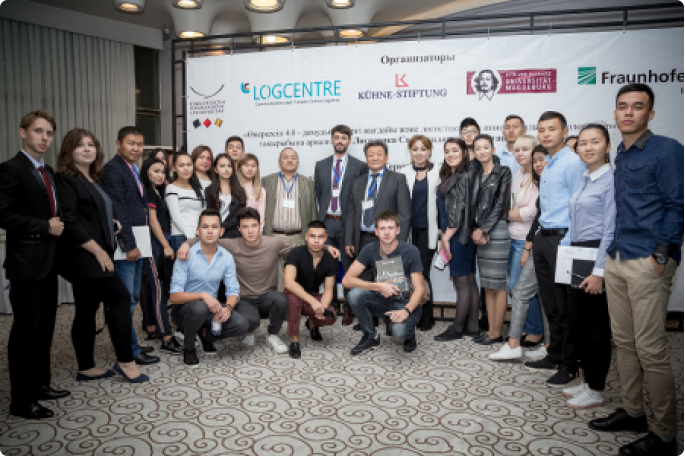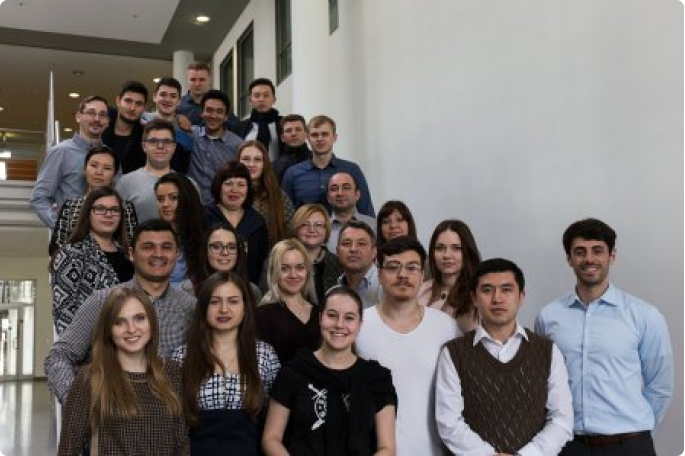Logistics is a comprehensive process of planning, managing, and controlling the flow of material, information, and financial resources from the point of their initial production or supply to the final consumption or use, with the primary goal of satisfying customer needs. This field includes key aspects such as warehousing, transportation, inventory management, supply chain management, as well as the use of information technologies.
In the modern world, logistics plays a key role in ensuring the efficient functioning of businesses and achieving competitive advantages in the market. The term "logistics" entered common usage relatively recently and originates from the Greek "logistike," which translates to "the art of calculating, reasoning, thinking, and pondering."
Since 2000, private business owners in Kyrgyzstan have actively started to implement logistics, realizing that market competition requires efficient resource management for sustainable business development. This has led to an increase in interest in logistics from governmental structures, the academic sector, and the general population. Short-term courses and support from foreign countries and donor organizations have contributed to the dissemination of knowledge about logistics.
The global recognition of the importance and demand for logistics in the economy has contributed to its development as a new scientific field. In Kyrgyzstan, the training of highly qualified personnel in the field of "Logistics" began in 2011 based on the Department of Logistics, which was established within the Kyrgyz-German Technical Institute of the Kyrgyz State Technical University named after I. Razzakov. In 2021, due to high achievements in scientific research, academic sphere, and expansion of international cooperation, the Department of Logistics was transformed into the "International Higher School of Logistics" by the decision of the Academic Council of the I. Razzakov Kyrgyz State Technical University.
Currently, the International Higher School of Logistics offers programs in accordance with the State Educational Standard of Higher Professional Education 580600 - "Logistics", providing education for students seeking bachelor's, master's, and Doctor of Philosophy (PhD) degrees in the field of logistics.







The goal of the PhD program in Logistics is to create leading specialists in the field of logistics, equipped with expert knowledge, critical thinking, and the ability to conduct original research. The program aims to develop in students a deep understanding of the theoretical foundations and practical aspects of logistics, as well as to provide them with the skills for successful application of this knowledge in practice.
Students enrolled in the PhD program in Logistics have the opportunity to engage in cutting-edge research, collaborate with leading scientists and industry experts, and develop their own research projects. The program is designed to prepare graduates for successful careers in academia, industry, or university teaching by providing them with the necessary knowledge, skills, and resources to achieve outstanding results in their field of expertise.
The PhD program in Logistics provides students with access to modern research methods, laboratory and computational resources, as well as opportunities to participate in conferences, seminars, and other academic events.